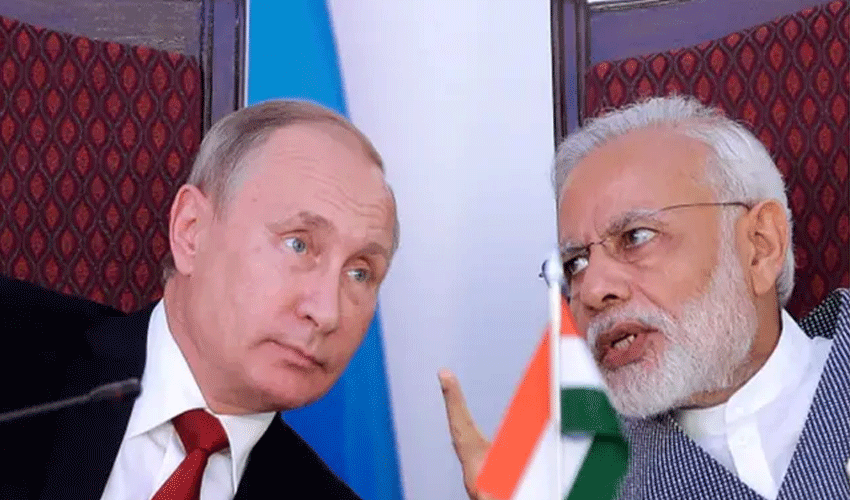ISIS-K, an offshoot of the Islamic State, has consolidated its presence in Afghanistan following the withdrawal of US forces in 2021, as reported by USA Today. The group, notorious for its brutality, claimed responsibility for the devastating attack on a rock concert in Moscow, which resulted in the tragic loss of over 140 lives.
Former Afghan National Directorate of Security chief Ahmed Zia Siraj highlighted Afghanistan as a stronghold for ISIS-K, emphasizing the group's alarming expansion since the departure of US troops. With estimated membership ranging from 4,000 to 6,000, ISIS-K has extended its reach beyond Afghanistan, carrying out terrorist attacks in neighboring countries like Pakistan, Iran, Uzbekistan, and Tajikistan.
Tensions between ISIS-K and the Taliban have escalated due to conflicting interests and cooperation between Afghanistan, China, and Russia. The group's sophisticated propaganda machinery, including the Al-Azaim social media platform and Voice of Khorasan magazine, serves as tools for recruitment and dissemination of extremist ideology.
Leading experts, such as retired Lt. Gen. Michael Ngata, warn of ISIS-K's unprecedented influence and global network, surpassing that of Al-Qaeda. Ghaffari, appointed as the head of ISIS-K, actively recruits from diverse backgrounds, including university students and non-Salafis across the region.
Despite international efforts to counterterrorism, ISIS-K's resilience and adaptability pose significant challenges, threatening stability and security across vast geographical regions.



























